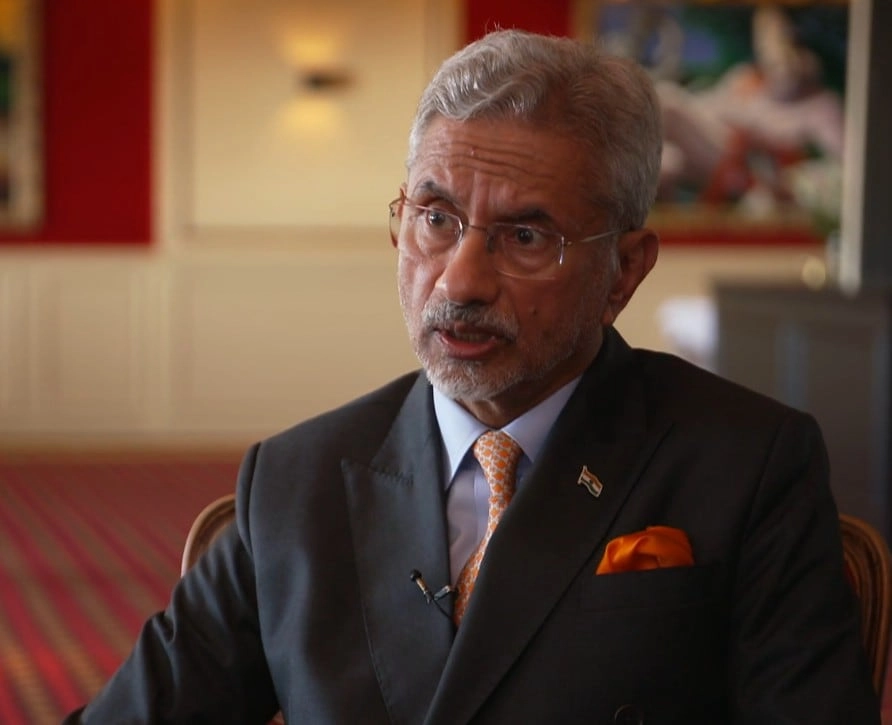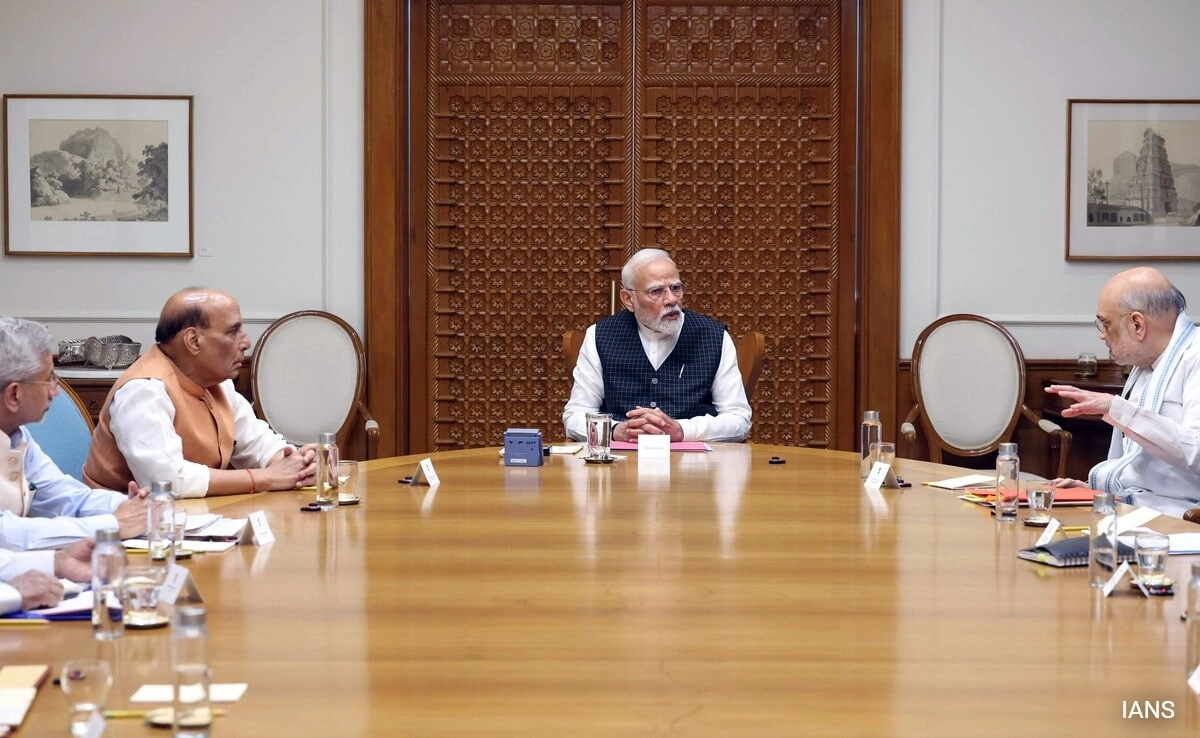During a recent statement, Indian External Affairs Minister S. Jaishankar addressed former President Donald Trump’s claims regarding mediation between India and Pakistan. Jaishankar emphasized that the United States has historically played a role in the complex dynamics between these two neighboring nations, but he clarified that the mediation is not a stance that India supports. He pointed out that India’s position has always been clear: the issues between India and Pakistan should be resolved bilaterally, without external interference. This sentiment reflects India’s long-standing policy that emphasizes its sovereignty and the importance of direct dialogue in resolving disputes.
Jaishankar’s remarks come in the context of ongoing tensions between India and Pakistan, primarily rooted in the Kashmir conflict and cross-border terrorism. The Indian government has consistently rejected the idea of third-party mediation, asserting that any negotiations or discussions must be conducted directly with Pakistan. This position is pivotal for India, which seeks to maintain its diplomatic autonomy and control over the narrative surrounding its national security concerns.
Furthermore, Jaishankar’s comments also highlight the evolving nature of international relations and the role of major powers like the United States in regional conflicts. While the U.S. has historically been involved in various peace initiatives in South Asia, India is keen on asserting its agency in dealing with its neighbors. The Indian government believes that effective resolution of issues can only occur through direct dialogue, underscoring its commitment to a peaceful and stable region. In this light, Jaishankar’s assertion serves not only as a response to Trump’s statements but also as a reaffirmation of India’s diplomatic principles and its approach to foreign relations.




